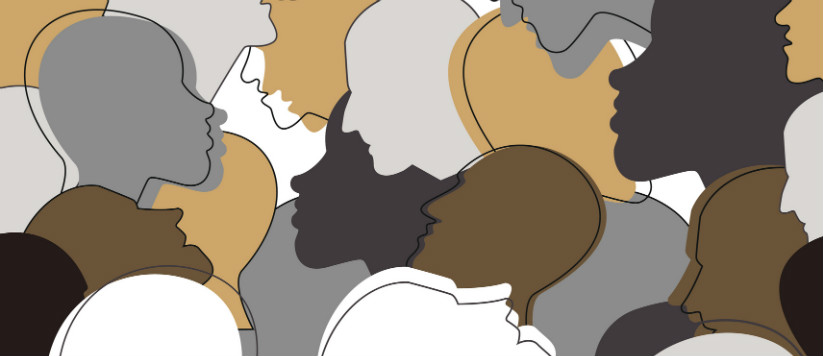Pavilion Publishing and Media Ltd
Blue Sky Offices Shoreham, 25 Cecil Pashley Way, Shoreham-by-Sea, West Sussex, BN43 5FF, UNITED KINGDOM
Ethnic minority women face more barriers to seeing their GP
Ethnic minority women in England are more likely to feel embarrassed to talk to a GP than white women and are more scared that a symptom was a sign of something serious.
Ethnic minority women in England are more likely to feel embarrassed to talk to a GP than white women and are more scared that a symptom was a sign of something serious.
The study published in Psycho-Oncology also found that those with a poor understanding of what the GP says were around three times less likely to feel confident to talk in a consultation.
Researchers surveyed 720 women from six different ethnic groups in England (white, Caribbean, African, Indian, Pakistani and Bangladeshi), to try and understand why women might delay seeking medical help.
Participants were asked to answer how strongly they agreed with 11 statements designed to assess potential barriers to going to a GP if they had symptoms, as well as answering some additional questions on their health literacy level and fatalistic beliefs.
Fatalism ( the acceptance of all things and events as inevitable) was higher among ethnic minority women compared with white women. And having a strong fatalistic belief was associated with reduced body awareness.
‘Stiff upper lip’ is engrained in British society
The researchers also discovered that ethnic minority women who had moved to the UK as adults were around 40 % less likely to report worrying about wasting a GP’s time as a potential barrier, than women from the same ethnic background born in the UK. This could suggest that a ‘stiff upper lip’ is engrained in British society and exists for women born in the UK, but is not usually adopted by women who move here later in life.
Across the groups, around 30% of ethnic minority women (except Bangladeshi) said they would pray about a symptom compared with 10% of white women, but it is not known whether they would pray instead of going to the doctor or pray alongside going to the doctor.
African, Indian, Pakistani and Bangladeshi women were also more likely to say they might use traditional remedies, but again, it is not known whether they would do that instead of, or as well as, going to the doctor.



